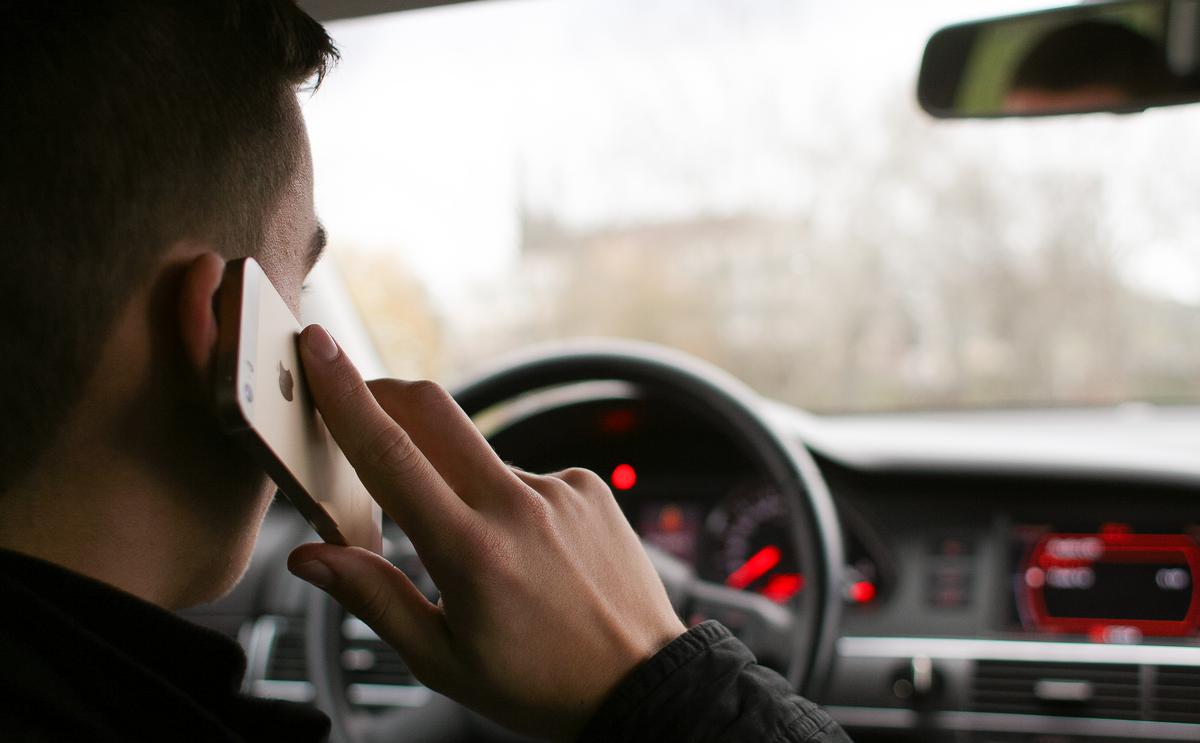
Driving is a complex activity. Every 1.6 kilometers, the driver must make about 20 decisions, while he may have less than half a second to avoid a collision. Based on these data, any delay in the processing of the visual information collected by the brain may have catastrophic consequences.
IMPORTANT INFORMATION YOU SHOULD KNOW
Researchers at the Transport Research Laboratory in the UK have examined the effect that mobile phones have on drivers’ responses using a special driving simulator.
The results of the research, as far as drivers holding their mobile phones in their hand, έδειξ are concerned, showed the following:
- Drivers holding a mobile phone in their hand had a response time 30% better than those with alcohol levels in their blood slightly higher than the permitted levels.
- Drivers talking on a mobile phone in their hand need half a second more time to react to anything happening suddenly on the road compared to those driving without using a mobile phone. Half a second means that a vehicle travelling at 110 km/hours needs 14 meters extra stopping distance.
- The drivers’ response time was 50% slower when talking on the phone compared to when driving normally.
The results of the research as far as drivers using hands-free devices are concerned were as
- Any talking on the phone distracts attention from driving. Result: the risk of crashing when talking on the phone was four times higher than normal, regardless of whether the drivers used a hands-free device or not. This happens because the brain of a person talking on the phone processes the visual information it collects at a slower pace. Another interesting finding was that, when the driver talks to a passenger in the car or listens to music on the radio or other device, his driving ability is not affected.
- Using a hands-free device for talking on the phone while driving causes increased anger responses and reduces the driver’s memory of what he has seen on the road.
SAFETY ADVICE
- Before driving, set your mobile to silent mode and put it inside a bag or a pocket, to avoid the temptation to answer calls.
- Check your calls and messages when you arrive at your destination.
- Tell your friends and relatives that you will not answer the phone while driving.
- If it is absolutely necessary for you to talk, pull over and stop your vehicle at a safe place to do so.
- Do not text/ read messages or play games on the mobile phone while driving. This has proven to be even more dangerous than talking.
- The role of the person calling you is also important. If you call someone and realize that they are driving, tell them that you will call them back later and hang up the phone right away.
TURN OFF YOUR MOBILE PHONE WHILE DRIVING

